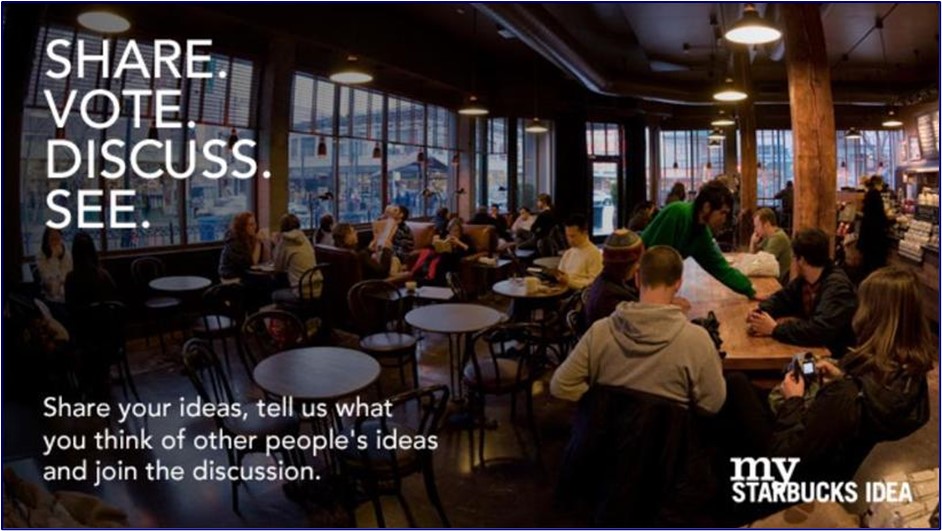
The Power of a Simple Question
Feb 20, 2015 | Anthony Mills
I like questions.
More than answers.
Questions have the power to move businesses because they have the power to move the imaginations of those who lead businesses. Answers are great when their time has come, but most businesses jump to answers far too soon, without first asking – and savoring – the right questions.
In my world, we lead a process called Strategic Inquiry. Strategic Inquiry is the act of appreciative inquiry, done collaboratively in teams, and applied to specific business challenges. We use it as a core tool for tackling those persistent and tough business challenges that keep great business leaders awake at night... the challenges that are about the next wave of growth for their business.
The answers to Strategic Inquiry often end up being about new categories of products or entirely new business models – categories and models that take leadership of markets or even define new markets. But one can never get to this point without first asking – and wrestling with – the toughest of questions. Ultimately, Strategic Inquiry is about a journey... a journey of learning about the business and its deep unmet needs, and learning about markets and their deep unmet needs. These are the sort of unmet needs that – when all sorted out – tend to unlock nascent demand and major new opportunities.
The process begins with Learning Inquiry, where we go out into the field and use observational and contextual inquiry processes to gain new insights, engaging all of our senses (watching, listening, feeling, tasting, and smelling) to gather as much integrative insight as possible (yes... this is a very experiential process). There are two questions we are after here... "What Is?" and "What Is Not?" The latter is most important because "What Is Not?" is the question that tends to point us to unmet needs. For example... What is not done? What is not said? What is not used? They also point us to compensatory behaviors – both of customers and of businesses – which clue us in to some of the missing pieces.
The process next moves to Testing Inquiry, where we postulate hypotheses and test these against our observations and insights. There are two questions we are after here too... "Why?" and "Why Not?". The latter is an incredibly powerful question because of the fact that we are in search of what is missing, and at this point, why it is missing. This takes us deeper into understanding the many facets of unmet needs, and allows us to dissect compensatory behaviors observed so as to get at the human psychology and/or business ecosystem causalities behind them. Sometimes the process just leads to more questions (new, better questions), and requires us to go out again and do more learning with a new lens of focus.
The process finishes with Creating Inquiry. Here we engage the imagination by exploring such questions as "What if... ?" and "What would it look like if we... ?". Then, we subtly shift gears and engage creativity to conceive new paths forward by leveraging such questions as "How might we... ?". Quite often we weave in and out through questions, reframing them from open to closed, and from closed to open, so that we can build out well–developed ideas and concepts. These ideas and concepts get a real hard vetting before they make it out of our doors... they have to clean up well.
When finished, Strategic Inquiry yields new ideas that can be further developed into actionable business models and offerings. From there, a lot more work gets done... business model design, experience design, product design, and service design – everything needed to take an idea to market and make it a real business model that companies can commercialize into solutions – solutions that get at these unmet needs in the marketplace and in the business.
That is the power of a simple question. Companies that commit to asking really good questions tend to be the ones that launch businesses, brands, and products that win in the marketplace. Companies that jump to answers prematurely without this journey of wrestling very often miss the mark in one way or another and end up as followers in their markets.
So ask yourself this one simple question... are we asking enough really good questions?
To learn more about engaging us for growth and innovation work, refer to our Engagement Page, or drop us a line here... Contact Page.





